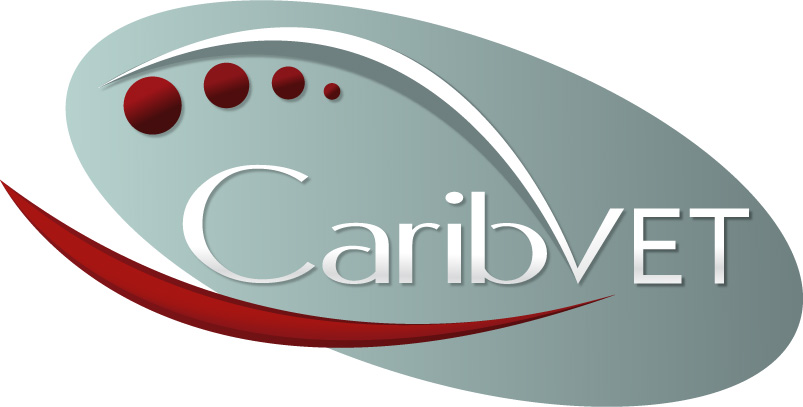One hundred and nine persons from 34 countries of Europe, America and Africa participate to the regional conference held in Guadeloupe on the 21st of April 2015. EPIGENESIS European partners, Caribbean partners (members of CaribVET network), Guadeloupean partners and research experts from other countries were invited to the first regional conference on research and surveillance on animal and zoonotic infectious diseases in the Caribbean.
Participants were:
- Chief Veterinary officers representatives from 25 Caribbean countries
- Representatives from CARICOM Secretariat and representatives of regional and international organizations (OIE, FAO, IICA, PAHO, USDA)
- Research institutes (CIRAD Guadeloupe, CIRAD France, CENSA Cuba)
- Universities: University of the West Indies (Trinidad), University of Guyana (Saint Georges), Ross University, University of Mozambique
- Professional organizations (Caribbean Poultry Association, Belize Poultry Association, Jamaica Broilers)
- Representative of the French Ministry of Agriculture, of Guadeloupe region and of the Secretariat Technique Commun (Interreg programme) and USDA-FAS
- Partners of the Epigenesis project: INRA (Nantes), Ecole des Hautes Etudes de Santé Publique (EHESP, Rennes), Research Center on Animal Health of Cataluna (CReSA, Spain), AviaGIS (Belgium), IBET (Portugal), ITQB (Portugal)
- Members of the Epigenesis Scientific committee and Innovation and technology transfer boards: University of Antilles (Guadeloupe), Institut Pasteur de Guadeloupe, Guadeloupe University hospital, University of Aix Marseille, CIRAD CMAEE-Senegal, University of Minnesota
- Other participants included researchers from Institut Pasteur Guadeloupe, mosquito control agency (ARS-LAV), French public health agency (ARS)
The 1st regional conference aimed to bring together chief veterinary officers, researchers, risk managers, animal health managers and other decision makers to foster a better dialog between science and policy in the field of animal health. It was organized the same week (from the 20th to the 24th of April 2015) as 3 other events: the EPIGENESIS steering committee (SC) meeting, including the EPIGENESIS innovation and technology transfer and the scientific committee boards, the CaribVET SC and the meeting of CARICOM Chiefs of veterinary services.
The scientific aspects included presentations and discussions on insect-borne diseases (West Nile virus, Blue tongue), tick-borne diseases (Heartwater, Anaplasmosis and babesiosis) and ticks (Tropical Bont Tick, Cattle Fever Tick), rodent-borne diseases (leptospirosis), emerging and re-emerging diseases in the Caribbean, as well as new surveillance & risk assessment tools.
Research topics that were presented at the conference mainly dealt with research of CIRAD Guadeloupe, including the projects of the post-doc researchers recruited on the Epigenesis project while other scientific/technical presentations dealt with activities conducted within the frame of CaribVET Working groups and addressed surveillance and animal health policy more generally.
Access the programme of the Conference
More information:
The Conference was funded by the Epigenesis project and participation from Chief Veterinary Officers from CARIFORUM countries was supported by the 10th European Development Funds SPS Project: “Support to the Forum of Caribbean States in the implementation of the commitments undertaken under the Economic Partnership Agreement (EPA): Sanitary and Phytosanitary Measures” being executed by IICA. Additional funding support was provided by Guadeloupe Region and French Ministry of Agriculture (DAAF Guadeloupe).



